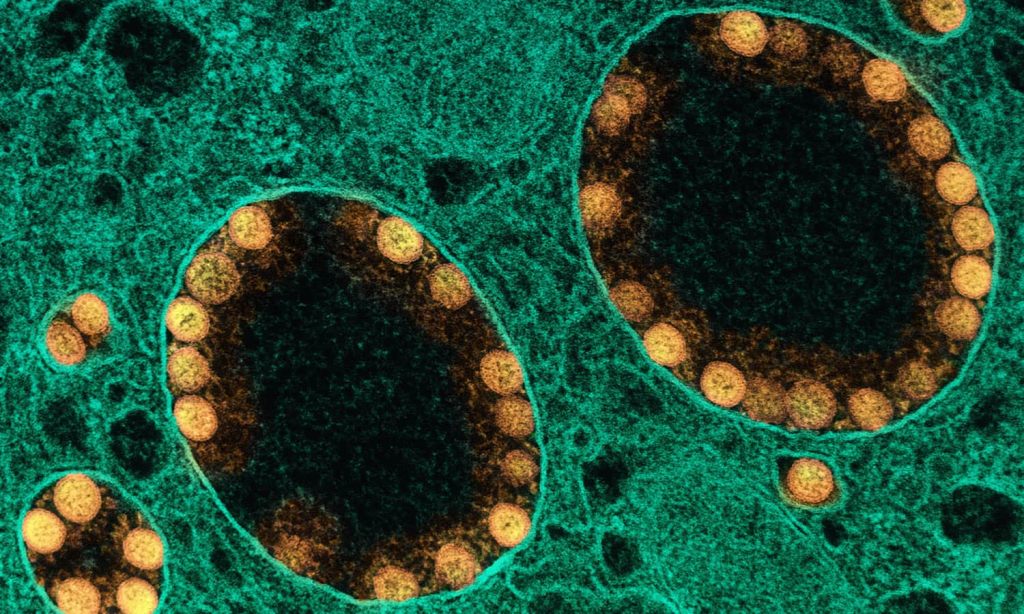If you liked Omicron, you’re going to love its exciting new sequel; stealth Omicron!
The new variant, identified by scientists in November of 2021, is a mutation of the BA.1 variant known as Omicron, dubbed BA.2 in genealogical terms. It’s recently overtaken Omicron in Denmark as the dominant strain, a difficult task given the transmissibility of that variant.
While it’s thought to be 1.5 times more infections than BA.1, BA.2 doesn’t have scientists too concerned as there is, so far, no detectible up-tick in hospitalisations.
Rather, the new strain is considered ‘stealthier’ than its older relative because it’s much more likely to go undetected by standard testing. That doesn’t mean it cannot be detected at all, just that PCR testing can’t readily distinguish it from the Omicron variant.
This is because of genetic changes in this variant which lack the common identifiers that PCR test normally use to identify different variants, hence the name ‘stealth.’
This partially explains why the new variant is only picking up traction now, despite having been identified over two months ago. It’s since been seen in over 40 countries, including the US, Canada, the UK, and, yes, Australia. Due to the difficulty in picking it up though, it’s likely to have already spread much further.
Denmark currently appears to be the epicentre of the outbreak, however, this might have more to do with the more advanced and consistent genomic sequencing that Denmark and other Scandinavian nations undertake.
Danish Health Minister Magnus Heunicke said on Wednesday that the new strain has surpassed Omicron infections, which currently make up 98% of new cases worldwide.
“There is no evidence that the BA.2 variant causes more disease but it must be more contagious,” Heunicke said.
Stealth Omicron is thought to share 20 genetic mutations with Omicron, however, it also has additional mutations not seen in its parent strain. It’s not yet known whether this will cause a more severe infection, although judging from the lack of hospitalisations in Denmark, this seems unlikely.
It’s also not clear whether existing treatments and vaccines will remain effective against it, as Omicron is already thought to be better at outmaneuvering the vaccines.
Scientists will be monitoring the variant closely for changes in infection patterns and the WHO has already stated that it’s keeping a close eye on the situation and encouraging further work from researchers.
“As of 24.01.2022, the BA.2 descendent lineage, which differs from BA.1 in some of the mutations, including in the spike protein, is increasing in many countries,” they write.
“Investigations into the characteristics of BA.2, including immune escape properties and virulence, should be prioritized independently (and comparatively) to BA.1”.
Read more stories from The Latch and subscribe to our email newsletter.







